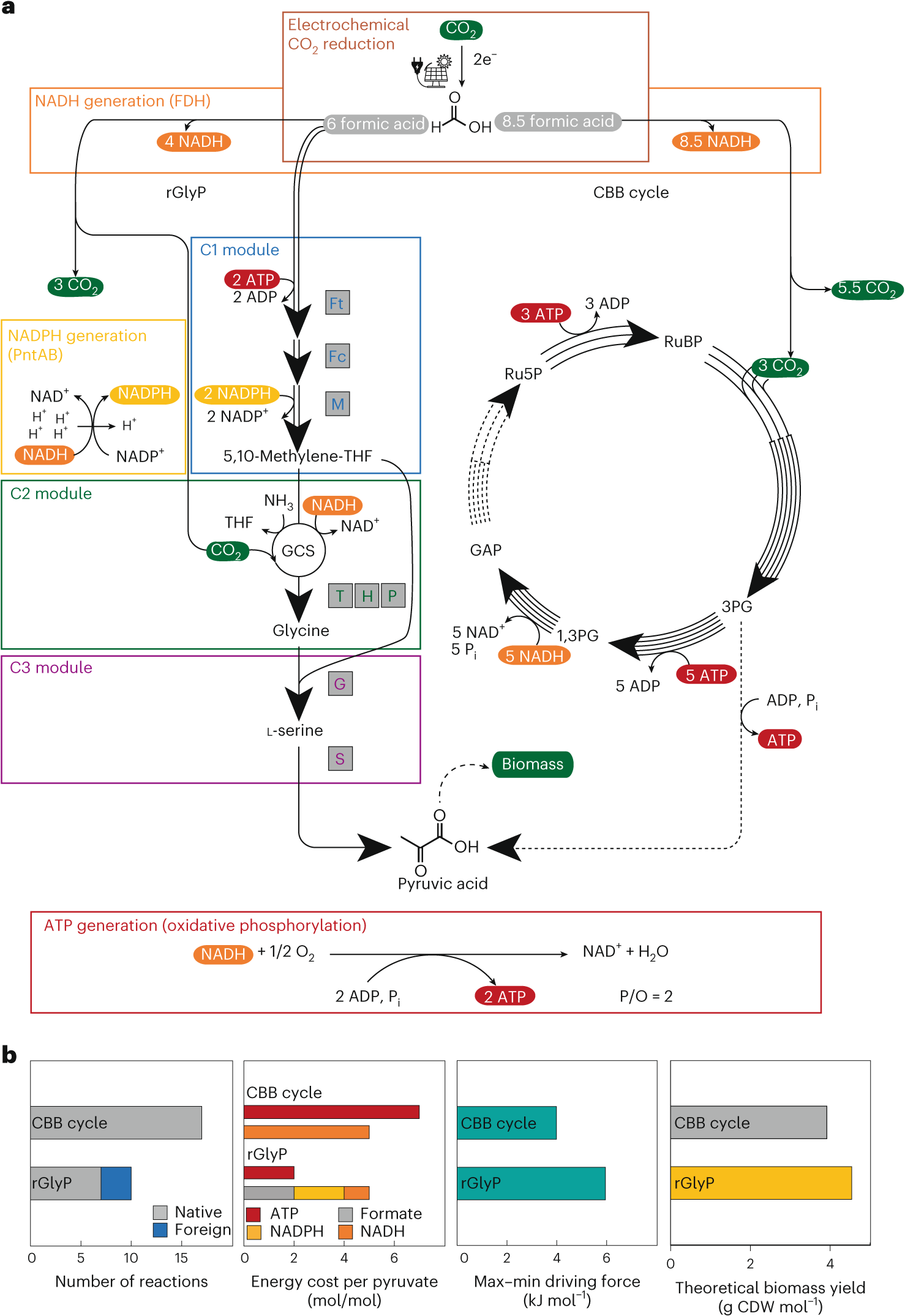2025-02-25 バーミンガム大学
<関連情報>
- https://www.birmingham.ac.uk/news/2025/we-need-a-new-definition-of-dyslexia-research-says
- https://acamh.onlinelibrary.wiley.com/doi/10.1111/jcpp.14123
- https://onlinelibrary.wiley.com/doi/full/10.1002/dys.1800
失読症に関するコンセンサスに向けて:デルファイ調査の結果 Toward a consensus on dyslexia: findings from a Delphi study
Julia M. Carroll, Caroline Holden, Philip Kirby, Paul A. Thompson, Margaret J. Snowling, the Dyslexia Delphi Panel
Journal of Child Psychology and Psychiatry Published: 25 February 2025
DOI:https://doi.org/10.1111/jcpp.14123

Abstract
Background
Dyslexia is one of the most common neurodevelopmental disorders. There have been many definitions over the past century, and debate continues as to how dyslexia should be defined. This debate contributes to confusion and misinformation. We move beyond the debate by establishing areas of consensus among a wide range of experts.
Methods
We conducted a Delphi study with a panel of dyslexia experts, including academics, specialist teachers, educational psychologists, and individuals with dyslexia, asking them for their views on a set of key statements about dyslexia. We carried out two survey rounds, in each case accepting statements with greater than 80% consensus and reviewing and revising other statements using feedback from the expert panel. This was followed by discussion with a subset of the panel around a few statements with marginal consensus.
Results
Forty-two statements were ultimately accepted. In the current paper we review those statements that pertain to a definition of dyslexia, demonstrate how they align with the research literature, and build on previous definitions of dyslexia.
Conclusions
There was considerable consensus in our expert panel that dyslexia is a difficulty in reading and spelling, associated with multiple factors, and that it frequently co-occurs with other developmental disorders. It was agreed that difficulties in reading fluency and spelling are key markers of dyslexia across different ages and languages. We conclude with a proposed new definition of dyslexia.
失読症診療のコンセンサスに向けて:評価と識別に関するデルファイ研究の結果 Towards a Consensus for Dyslexia Practice: Findings of a Delphi Study on Assessment and Identification
Caroline Holden, Philip Kirby, Margaret J. Snowling, Paul A. Thompson, Julia M. Carroll
Dyslexia Published: 25 February 2025
DOI:https://doi.org/10.1002/dys.1800

ABSTRACT
This paper discusses the findings of a Delphi study in which dyslexia experts, including academics, specialist teachers, educational psychologists, and individuals with dyslexia, were asked for their agreement with a set of key statements about defining and identifying dyslexia: why it should be assessed and how and when this assessment should be conducted. Two rounds of survey responses provided a vehicle for moving towards consensus on how to assess for dyslexia. Forty-two consensus statements were ultimately accepted. Findings suggested that assessment practice should take account of risks to the accurate identification of dyslexia. An assessment model, with guidelines for assessors, is presented, based on the Delphi’s findings. This hypothesis-testing model requires assessors to investigate and weigh up the factors most likely to result in an accurate assessment before reaching conclusions, assigning terminology, and making recommendations for intervention and management.
Summary
- Explores consensus in professional practice: why, when, and what to assess.
- Discusses the current assessment context for children with difficulties learning to read, spell, and write.
- Supports the ongoing use of the label dyslexia for persistent impairments in reading fluency and allied difficulties, such as spelling.
- Suggests an assessment framework for the identification of dyslexia.
- In the identification of dyslexia, highlights and discusses areas that require further research.


